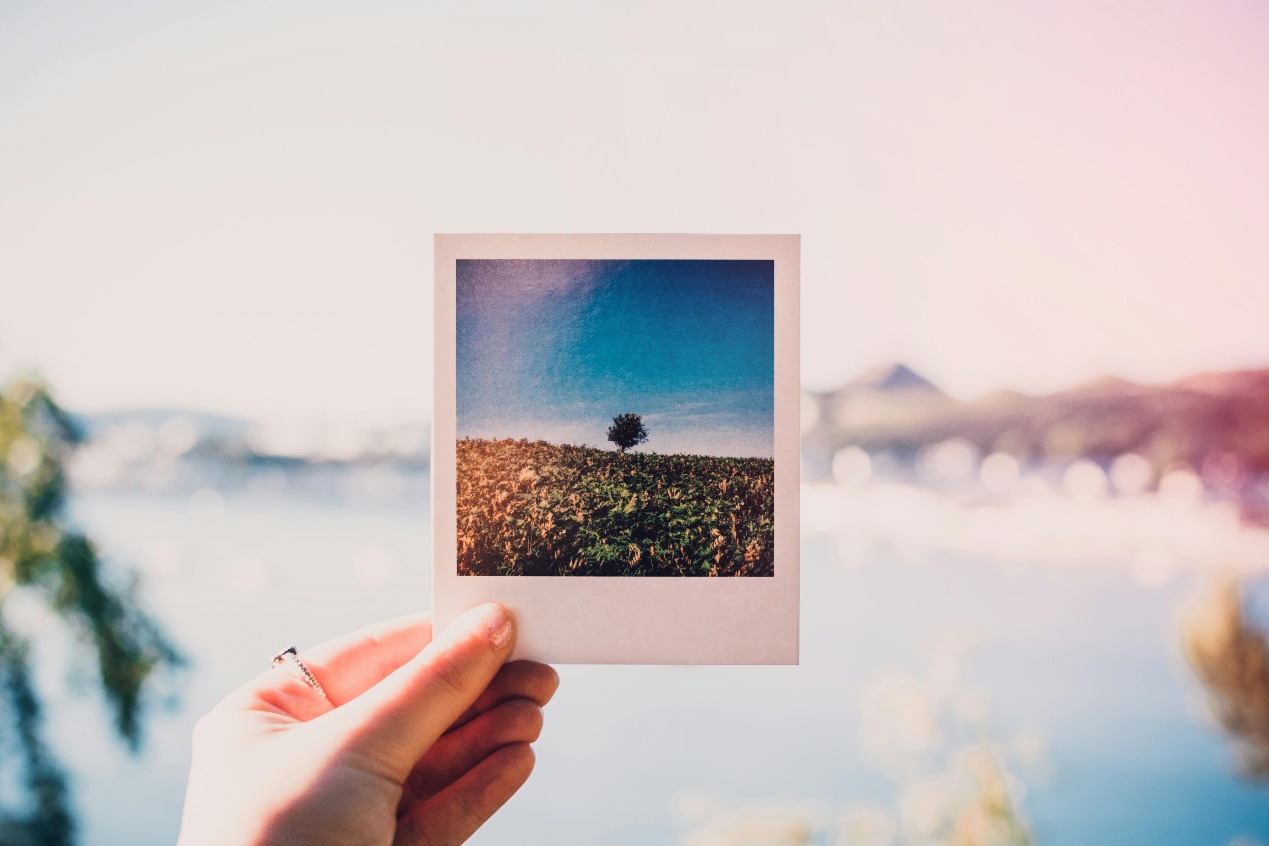
There's just something about a Polaroid; it feels like a memory you can hold. The washed-out colors, the soft grain, and the white border with the thicker bottom—like it's made for a scribbled caption.
People love that look and now, more than ever, they're recreating it digitally. If you've ever wondered how to make a picture look like a Polaroid, you're not alone.
The good news is you don't need a vintage camera or a stack of film. All it takes is a good photo, a few creative edits, and a tool like Wondershare Filmora. Let's break it down.
In this article
Part 1. What Makes a Photo Look Like a Polaroid?
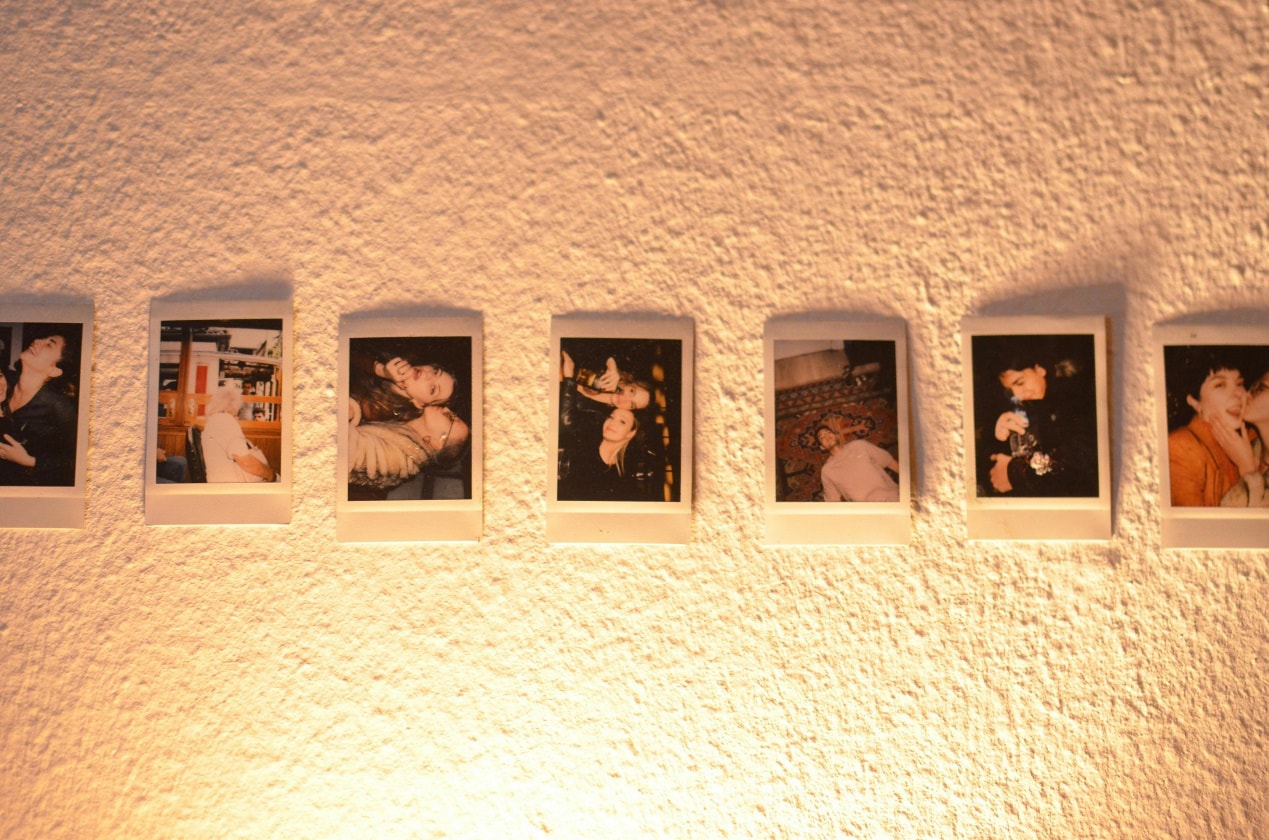
First off, it's not just the frame. Though the border—especially the thicker bottom—is a big part of it. It gives the photo a vintage feel.
But the visual style goes deeper than the frame. A true Polaroid aesthetic is made up of several subtle details that work together:
Muted colors with a slightly warm tint.
Soft highlights, almost washed out.
A bit of grain or texture, just enough to mimic film.
A handwritten note at the bottom (or at least the look of one).
These aren't just visual quirks. They trigger nostalgia and authenticity. That feeling of holding a snapshot from the past, even if it was taken yesterday on a smartphone. It's exactly why people want to learn how to edit pics to look like Polaroids.
Part 2. How to Make Polaroid Photo from Normal Photo Using Wondershare Filmora?
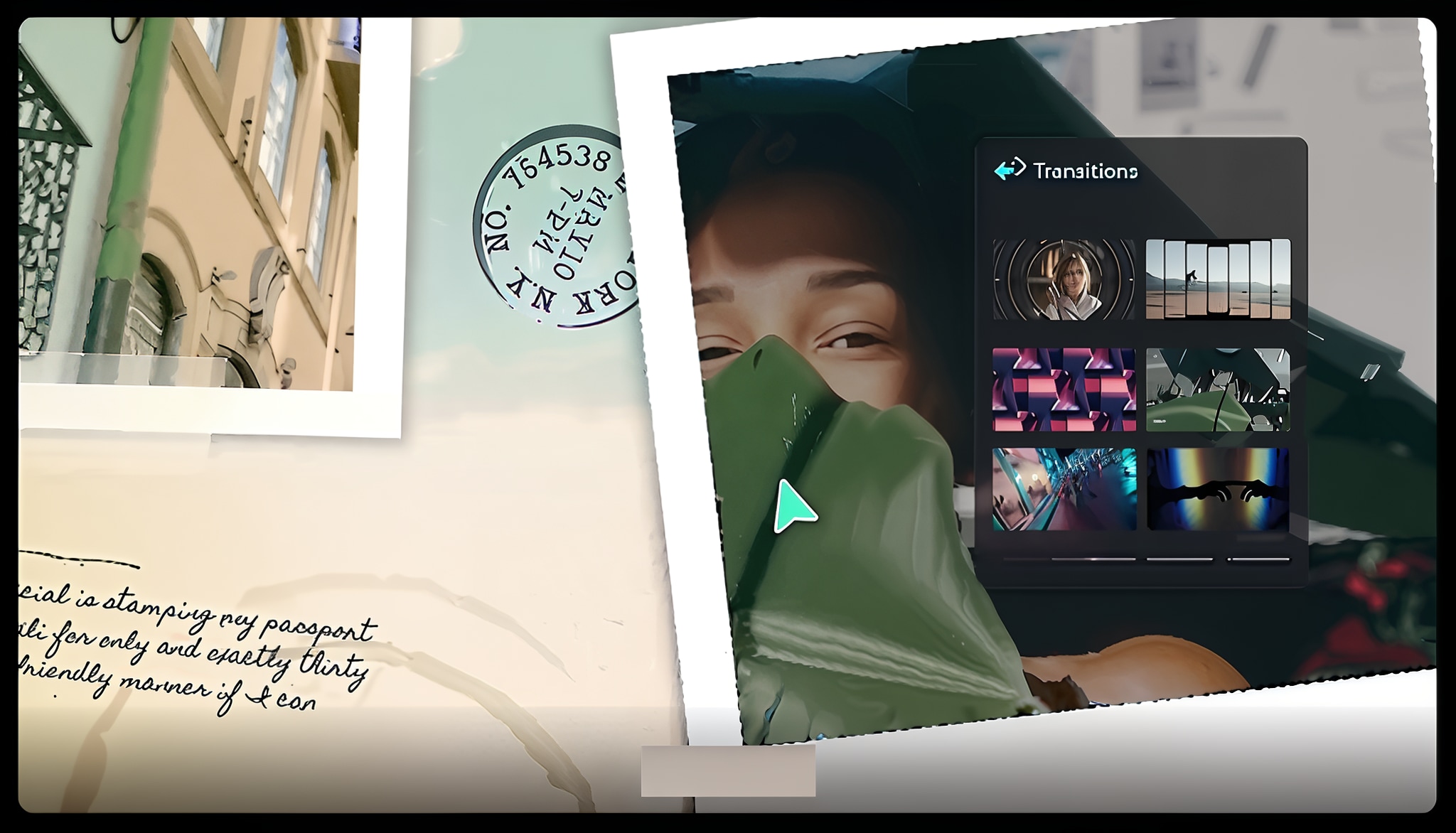
Undeniably, there are tons of photo editors out there. But many are either too complex or too limited. Filmora hits a sweet spot. It's designed for users who want professional-looking results without getting bogged down in layers, masks, and a million settings.
Here's why it works so well for this:
Built-in retro-style filters
Ready-to-use Polaroid-style frame overlays
Drag-and-drop functionality
Compatible with Windows, Mac, Android, and iOS.
Now, let's walk through the process to make polaroid pictures without a Polaroid camera.
Step-by-Step Tutorial for Desktop Users
Step 1: Import your image into Filmora
Start Filmora and Import your photo.
You'll see it in the media library—drag it to the timeline to begin editing.
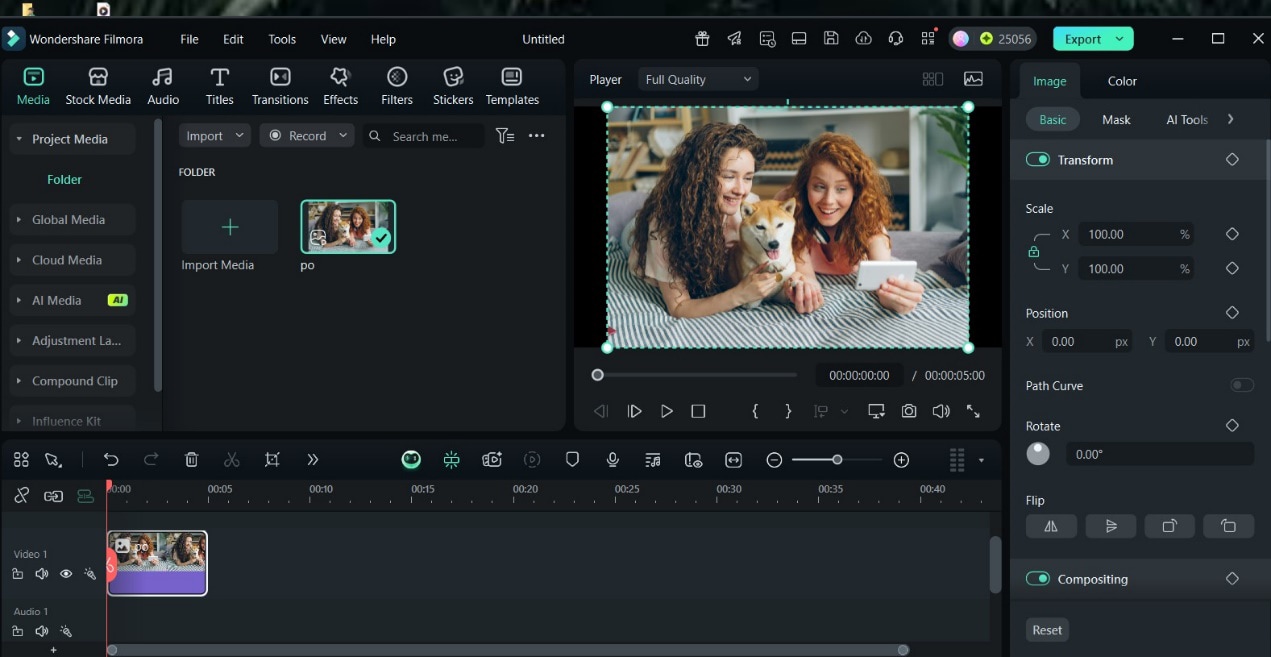
Step 2: Apply a Polaroid frame or border
Go to the Effects and search for “Polaroid frame”.
Choose a border with a thicker bottom, or build your own using a white shape layer.
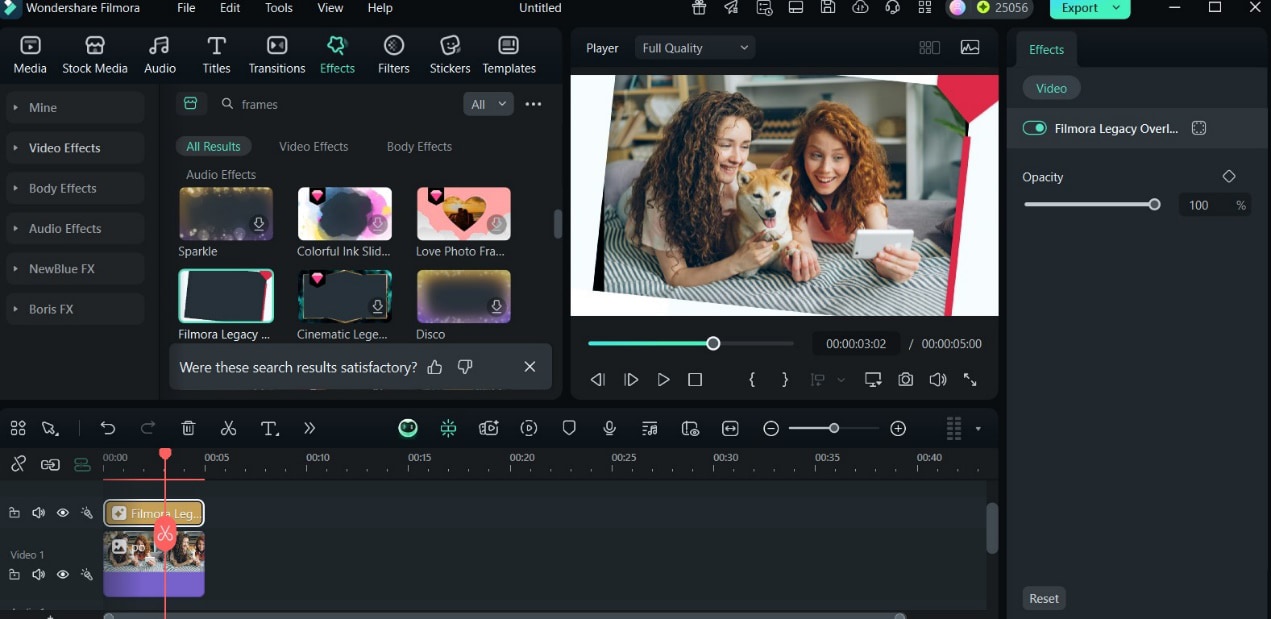
Step 3: Add a retro filter
Open the Filter tab. Filmora has several packs—look for Vintage, Retro, or even Golden Memories.
Apply one, then adjust the intensity.
Now fine-tune it. Drop the contrast slightly. Pull back the saturation.
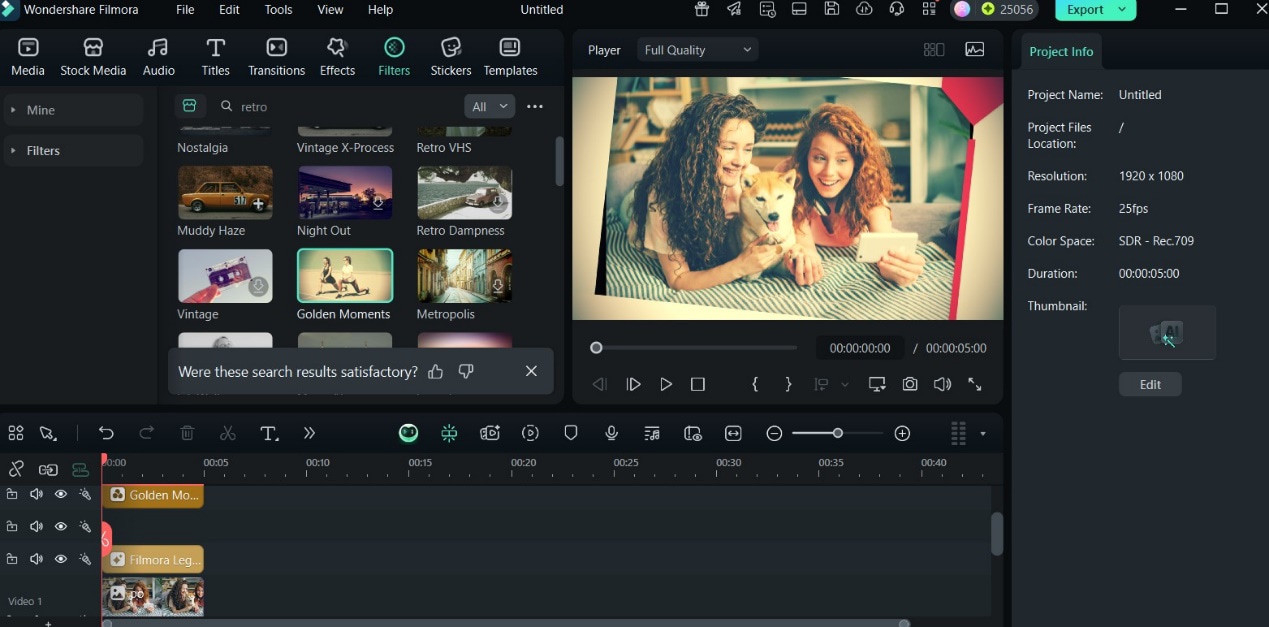
Step 4: Add text for an authentic look
Go to the Titles section.
Choose a simple, handwritten font.
Add a short phrase or a date. That little detail completes the look.
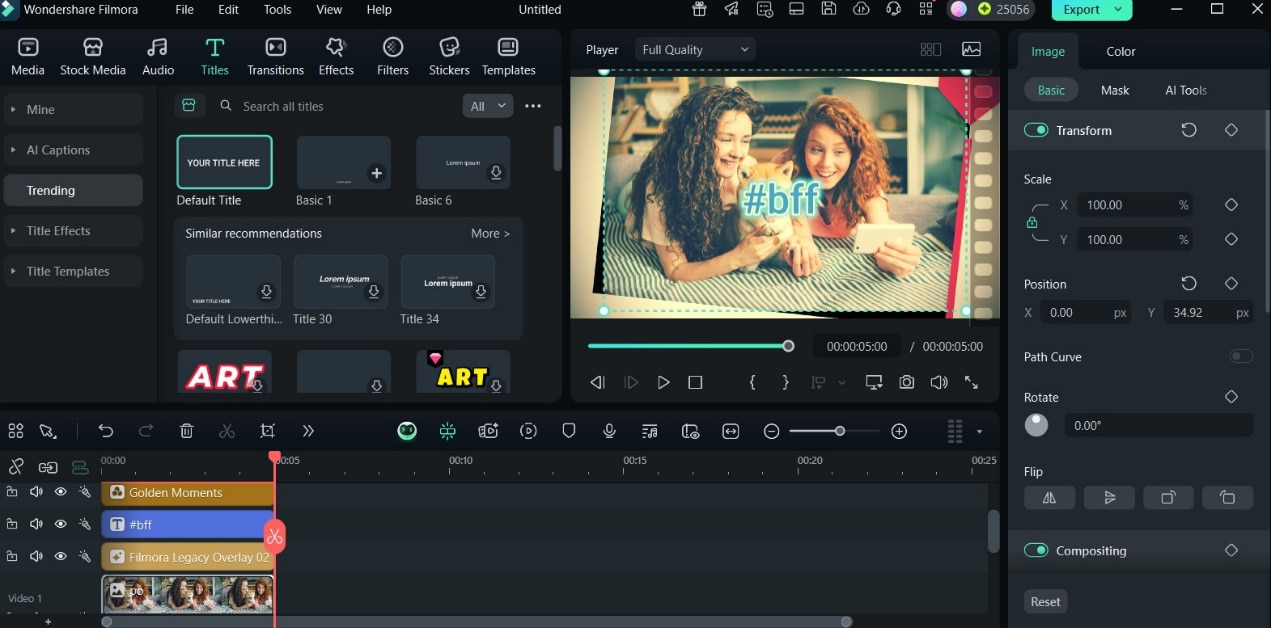
Step 5: Save and export your photo
Once you're happy with the result, hit Export.
Choose JPEG or PNG.
For social sharing, a width of 1080px is fine. For printing, bump the resolution up to 300 DPI.
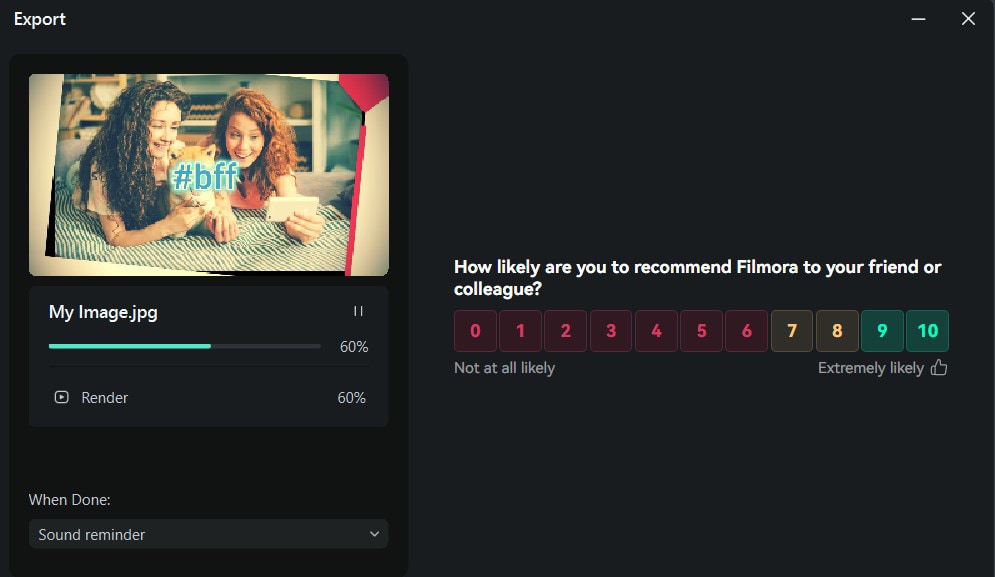
Step-by-Step Guide for Mobile Users (Filmora App)
Step 1: Make your image like a Polaroid
Select your image and import it to the Filmora App on your mobile.
Go to Effects and slide to Frames or search 'Polaroid frame' in the search bar.
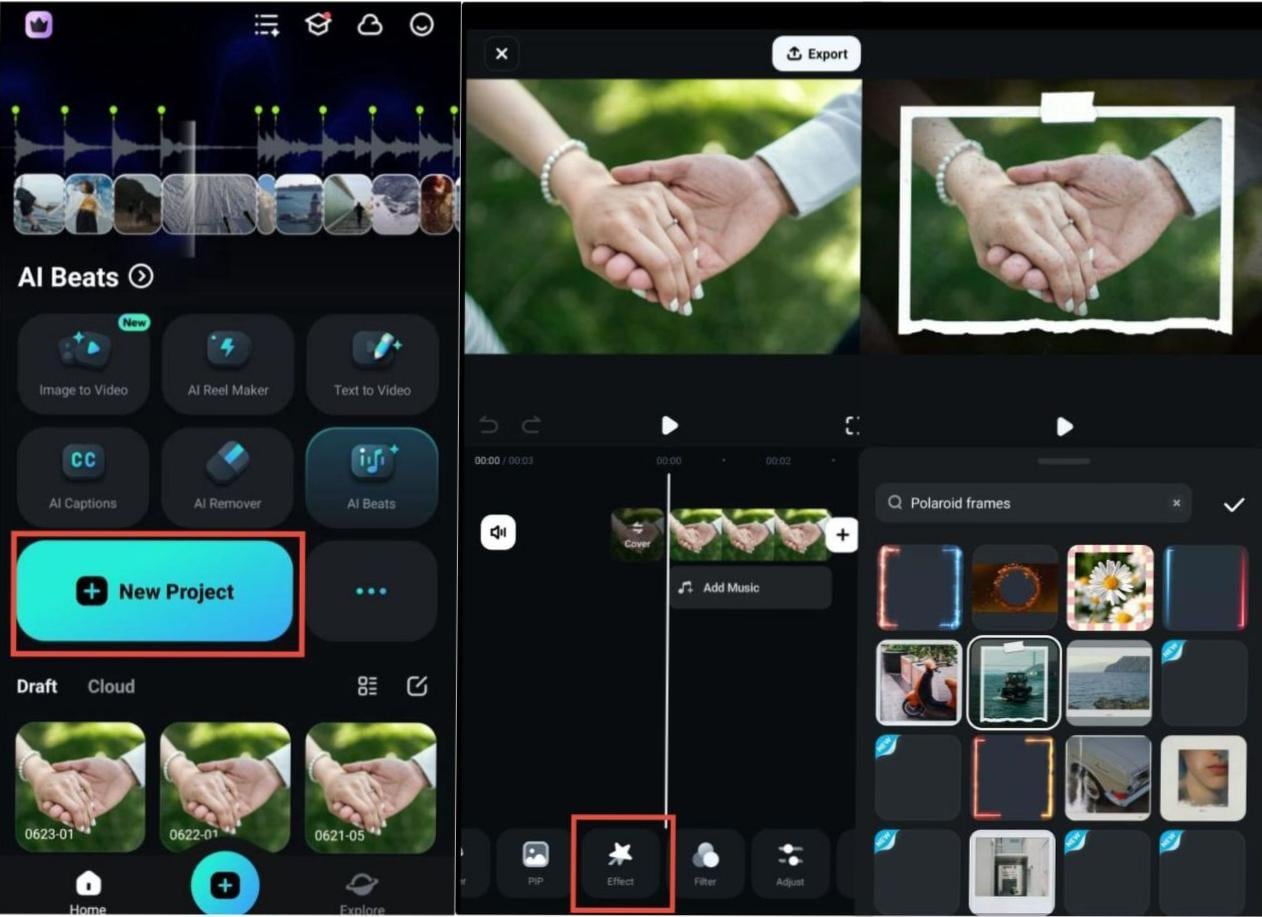
Step 2: Add Text and Adjust Saturation.
Make your images more memorable by adding Text.
Go to Filter and add a Retro filter.
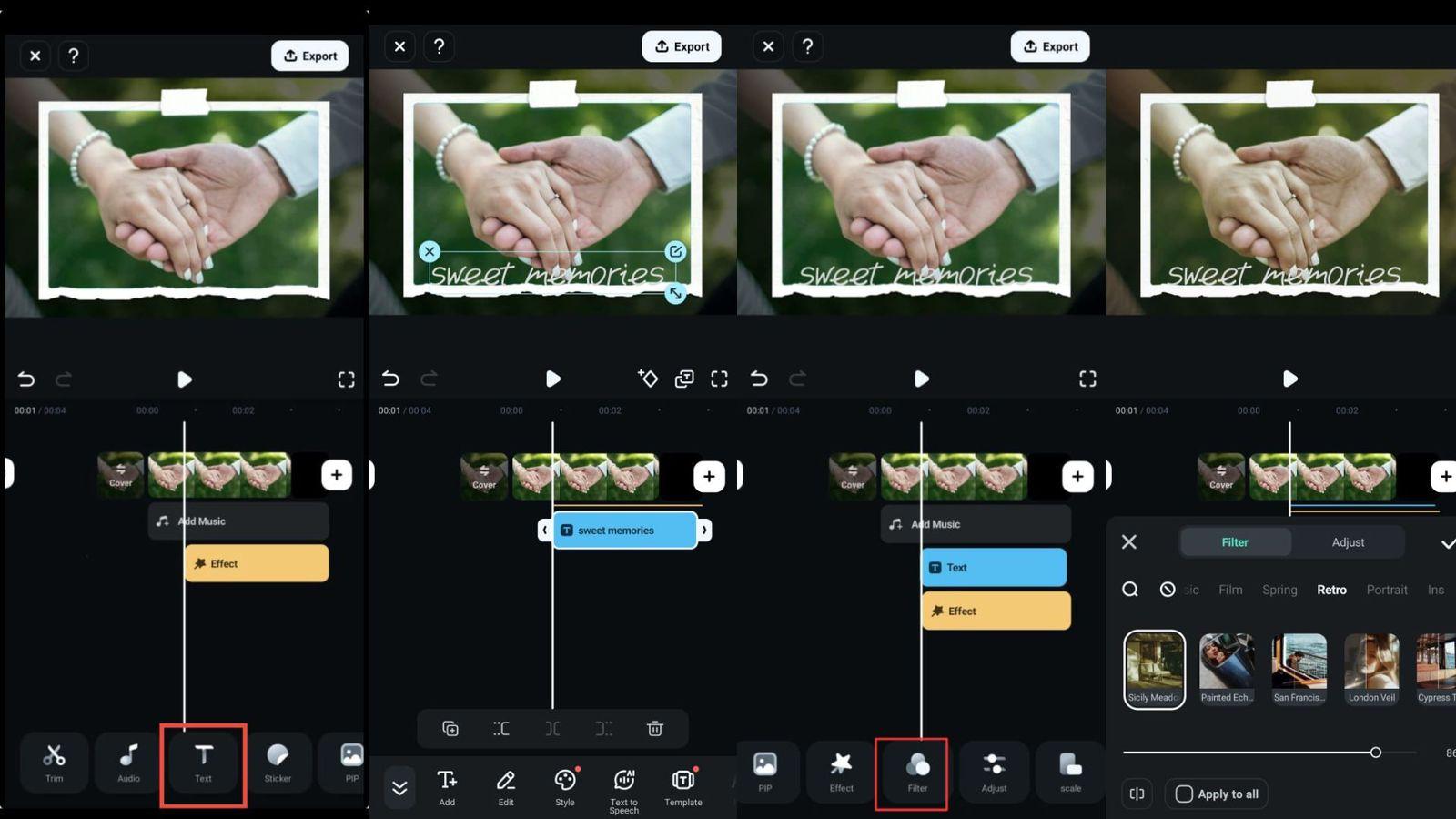
Part 3: Creative Ways to Use Polaroid-Style Photo Edits

Now that you've got your edited image, don't let it collect digital dust. Here are a few ideas:
Make an Instagram carousel with a retro photo series.
Add it to a digital scrapbook or journal.
Print them out as keepsakes, cards, or event favors.
Drop them into a Filmora slideshow with music and transitions.
Use them for a DIY photo wall at parties or weddings.
The format's simple, but it invites creativity.
Conclusion
Polaroid-style edits are popular for a reason. They soften the digital edge, add character, and make photos feel more meaningful. Whether you're curious about how to turn any photo into a Polaroid or just experimenting with retro styles, the process is simpler than it seems.
With tools like Wondershare Filmora, achieving that look isn't some drawn-out, complicated task. It's fast, flexible, and honestly, it's kind of fun.
So pick a photo. Try it out. You'll be surprised how a few tweaks can turn a simple image into something that feels timeless.



 100% Security Verified | No Subscription Required | No Malware
100% Security Verified | No Subscription Required | No Malware


